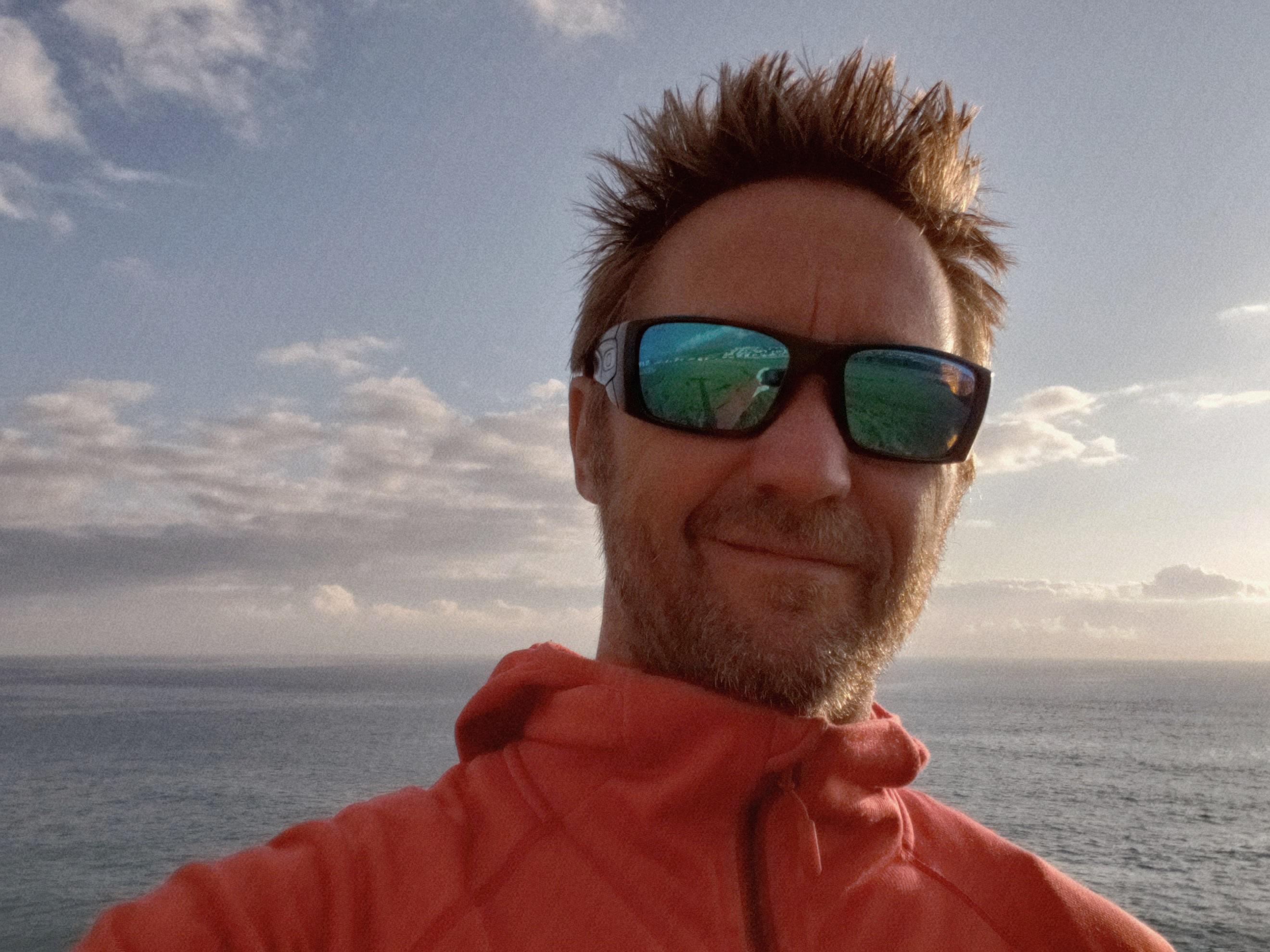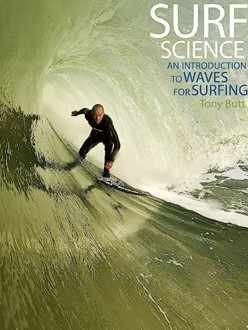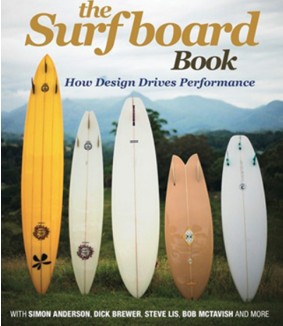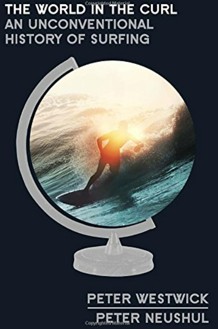
If you continue browsing this website, you agree to our policies:
x
Section outline
-
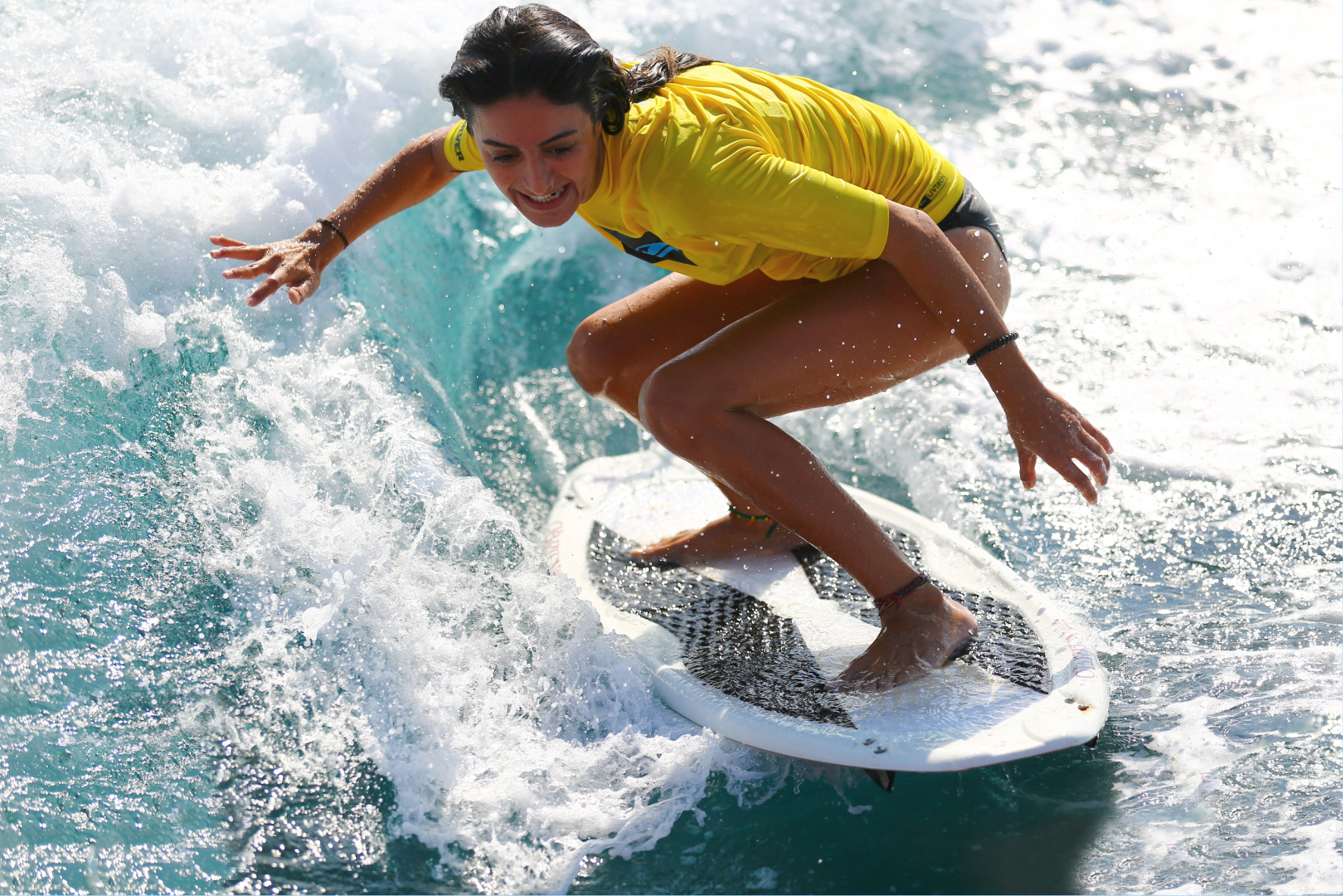
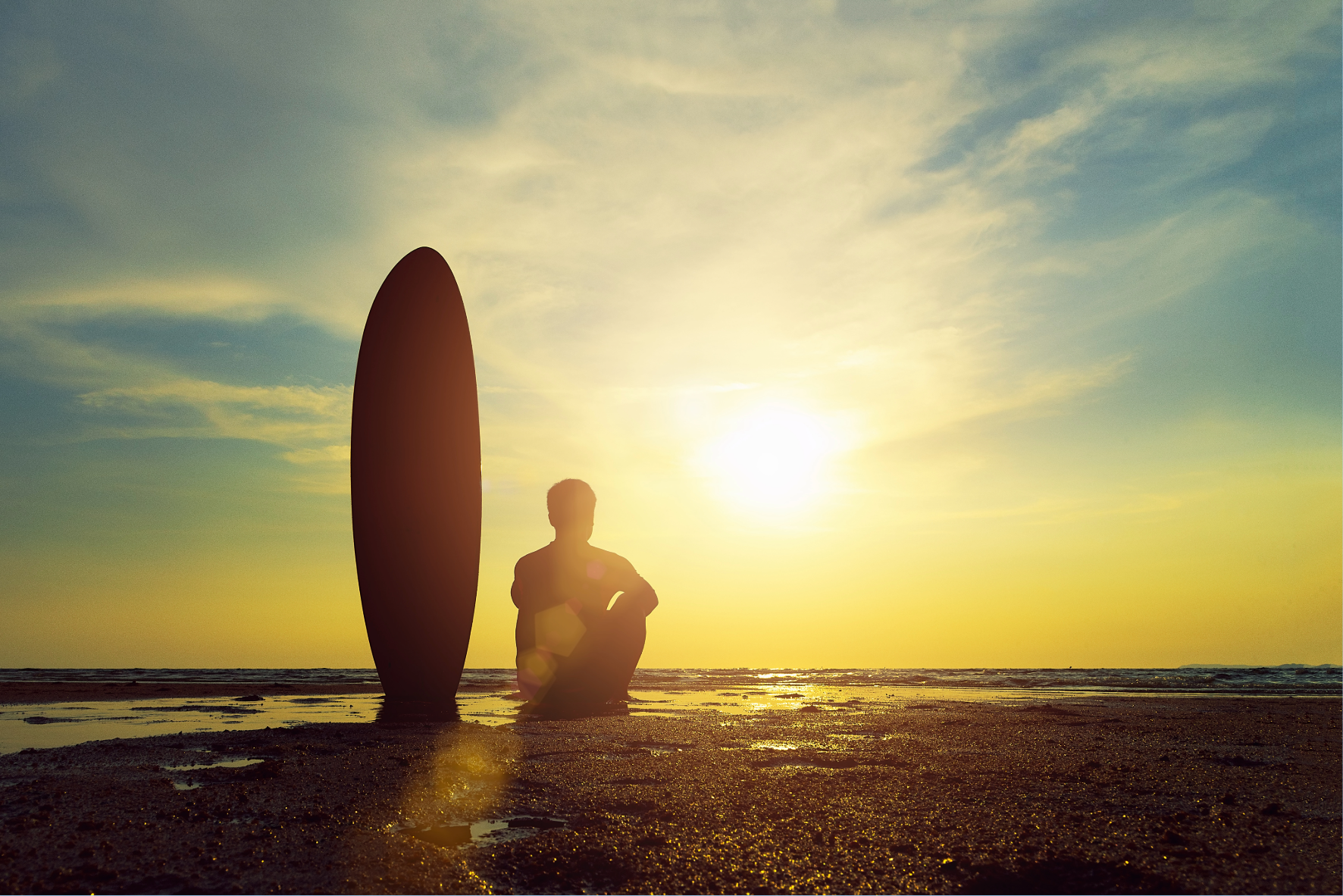
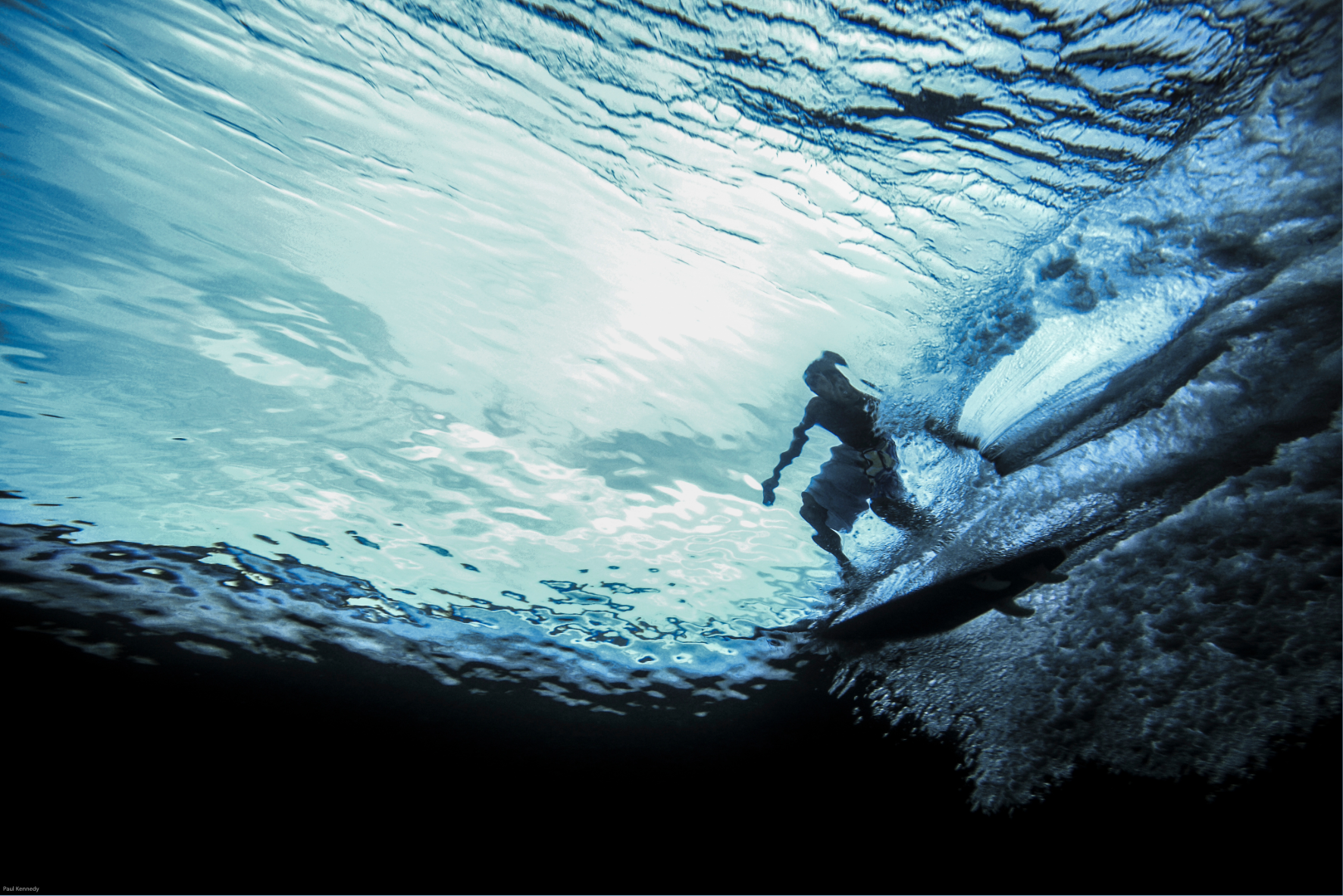
-
Full and Part-time Courses Starting September 2025
-
Full and Part-time Courses Starting September 2025
-
QGIS is a geographic information system (GIS) software that is free and open-source. It supports viewing, editing, printing, and analysis of geospatial data in a range of data formats.
-
The Surfer’s Journal Podcast delivers longform storytelling on the people, culture, travel and art of surfing.
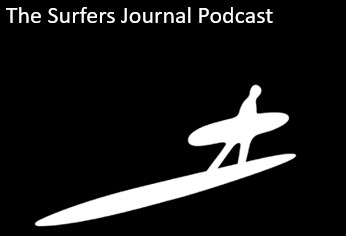
-
Surf Mastery, combines the best practices from surfing, human movement, mindset training, nutrition, health, and sports psychology to provide comprehensive coaching tailored to each individual's needs.
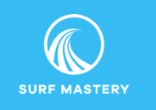
-
The Wave Project improves children's mental health and wellbeing through their award-winning Surf Therapy programme.
Surf Therapy is an evidence-based programme that enables children and young people to build confidence and overcome anxiety barriers through surfing.At The Wave Project, their volunteers are the heartbeat of their mission. As a volunteer, you’ll play an instrumental role in improving the lives of children and young people. Join our passionate, committed team and be part of the change. For more information click the link above.
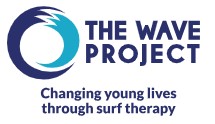
-
Check out Morva magazine, crafted and authored by our talented students.
